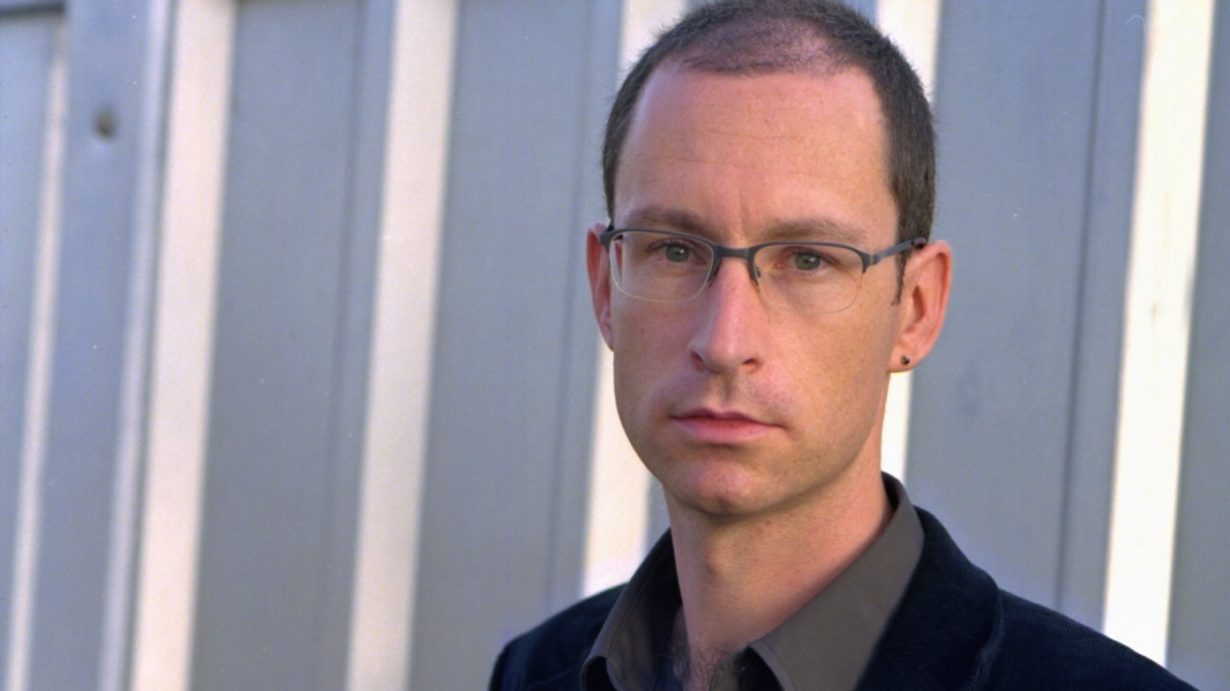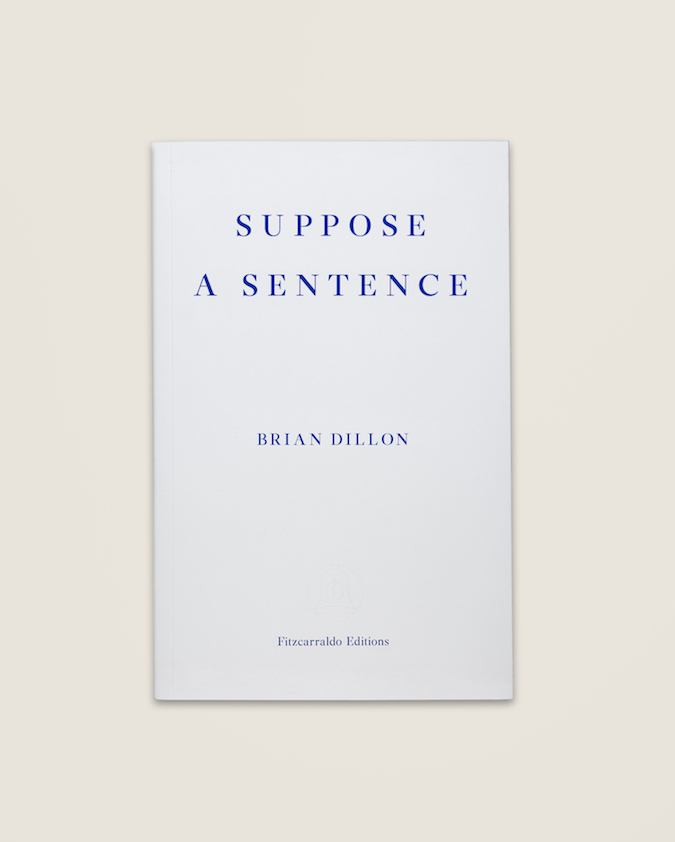The author’s exercise in literary criticism is ultimately about love

‘Every sentence’, says Brian Dillon, in the opening sentence of his book about sentences, ‘was once an animal, says Emerson.’ Dillon’s sentence is descended from Ben Marcus’s epigraph to The Age of Wire and String: ‘Every word was once an animal – EMERSON’. The reader might wonder if both ‘Emerson’ and ‘EMERSON’ were related to Ralph Waldo Emerson, who in 1843 told a lecture hall including Walt Whitman that ‘Every word was once a poem’, two years before Simón Rodríguez declared that ‘Every word is an epitaph’. This intertextual in-joke illustrates the modifications by which literature evolves. Bad writers deface the sentences they inherit and good writers make them into something better, or at least something different, says T.S. Eliot, illustrating the point in his Four Quartets: ‘every sentence is an end and a beginning, / Every poem an epitaph’. The author dies ( – BARTHES) but the sentence persists. And is apt, as Dillon concludes, to ‘go skittering away’ from its maker.
Suppose a Sentence is composed of 27 short exegeses of sentences that Dillon has plucked from their contexts, has pressed like flowers into his notebooks and desires to show us. Their sources range from John Donne (‘Wee have a winding sheete in our Mothers wombe…’) to Fleur Jaeggy (‘Paper storage, fragments of delirium eaten away by dust’) and they inspire feelings in the author running the spectrum from chaste technical appreciation to amorous devotion. Ultimately, this is a book about love. And if falling in love with a sentence is like marrying the Eiffel Tower, then bear in mind that no collector could love a work of art like a fetishist loves a sentence ( – BATAILLE).

Each quotation is displayed at the top of each chapter like a shoe on a plinth or a body on a slab, to be tried on or taken apart. Gertrude Stein’s ‘concrete, plain and apprehensible’ constructions remind us that ‘words are also things’, and Dillon marvels over the means by which they are animated. Literary criticism is inherently ghoulish (schoolchildren daydream through Eng. Lit. safe in the knowledge that the answer is ‘death’), and the dissection of these sentences borders on the macabre. On the frequent occasions that Dillon is overtaken by enthusiasm for the prose machinery – ‘The inversion in those first five words!’ – he resembles a professor of anatomy falling into a cadaver in his enthusiasm for a beautiful medial colon. This is no bad thing.
Sentences are distinguished from things – shoes, corpses, clichés – by the way they unfold in time. And if reading a sentence is, as Dillon puts it, ‘like waiting for a photograph to develop’ (the lover is the one who waits – BARTHES), then this picture never fixes. That reading is a process of becoming is reinforced by the abstraction of these quotations from their contexts. To embark on a sentence by Thomas De Quincey with no indication of what he’s talking about is to set off into the unknown. You don’t catch the byzantine patterns of his prose until you’re half-a-dozen clauses deep and must reorganise the memory of those that came before in order, at the end, to make fleeting sense of the whole. The reader is suspended between past and the future, looking backwards and forwards, constituting the meaning as they move through the writing.
Roland Barthes haunts this review because he’s all over Suppose a Sentence, and Dillon inherits from the French writer his intense attention to the moments in which ‘one substance becomes, or is revealed to be, another’. ‘If’, as Dillon says, ‘every sentence written is a sort of ghost’, then note that he takes for his first example the spooky ‘O, O, O, O’ that follows Hamlet’s famous last words (‘the rest is silence’) in the Folio edition, before circling back to end the book with Rousseau’s anecdote of a girl who gets no further in her writing practice than endlessly repeating the letter ‘O, O, O, O’. Against Rousseau’s argument that this illustrates the natural antipathy of women to education, Anne Boyer suggests the girl had invented and exhausted a language unique to her own experience: ‘every O could have been, also, every letter and every word for the little girl: each O also an opening, a planet, a ring, a word, a query, a grammar’. These are the points at which sentences fail.
Suppose a Sentence, by Brian Dillon, is published by Fitzcarraldo Editions